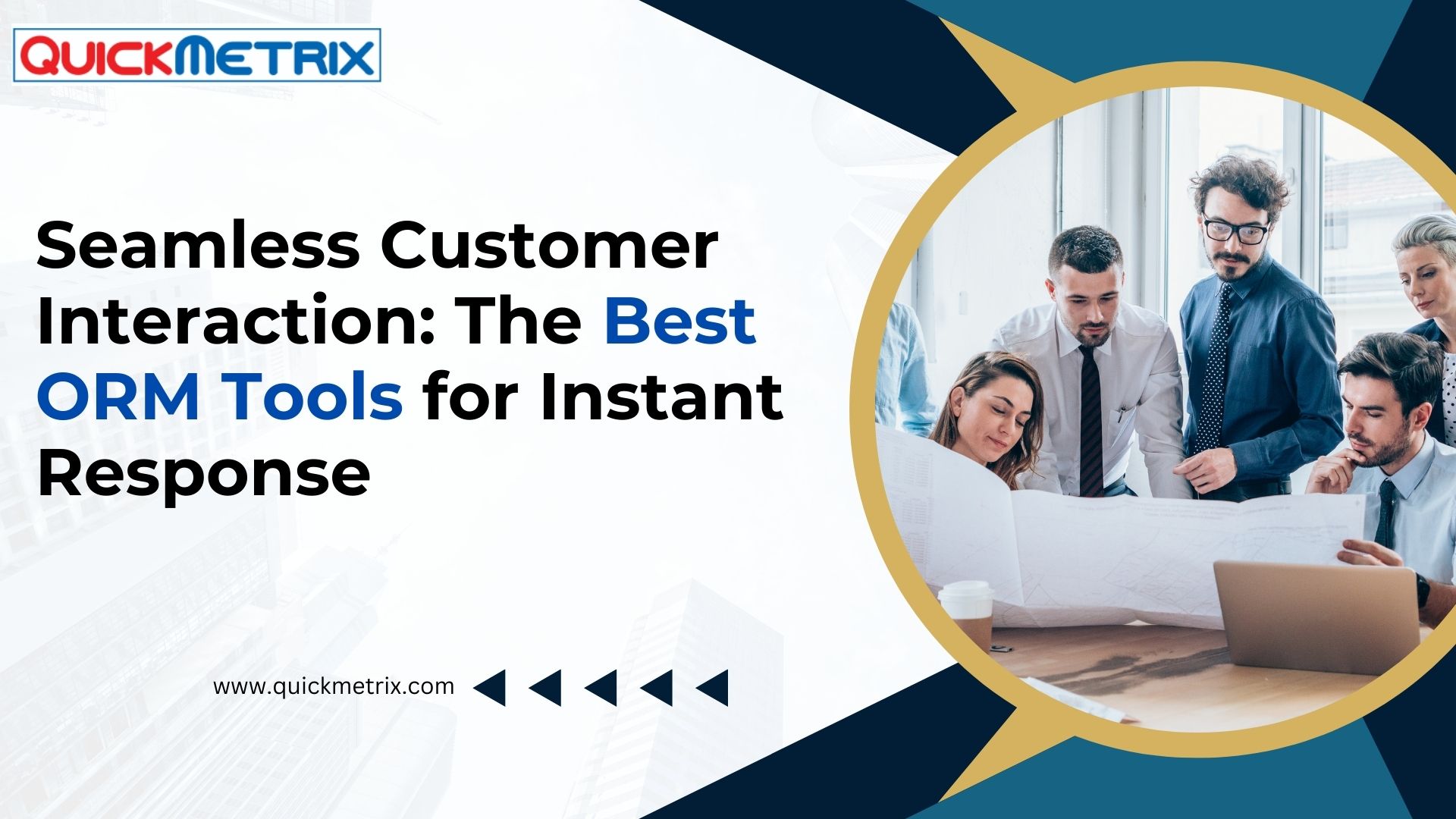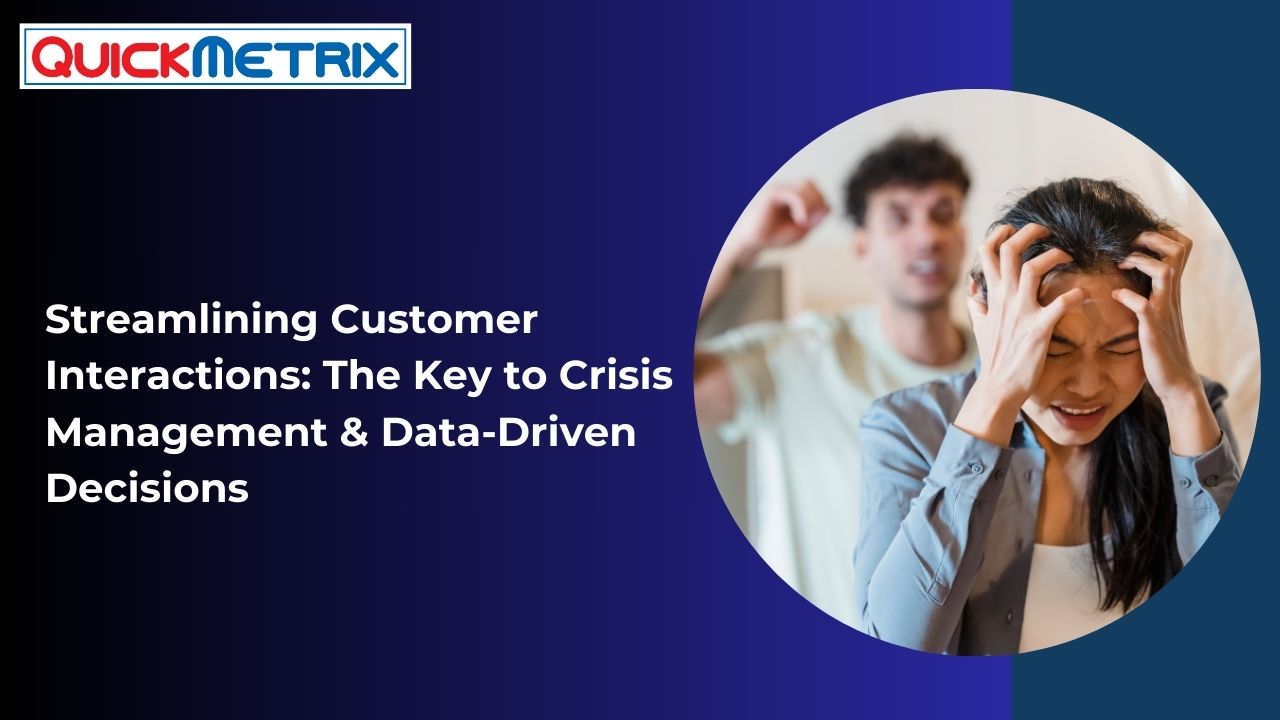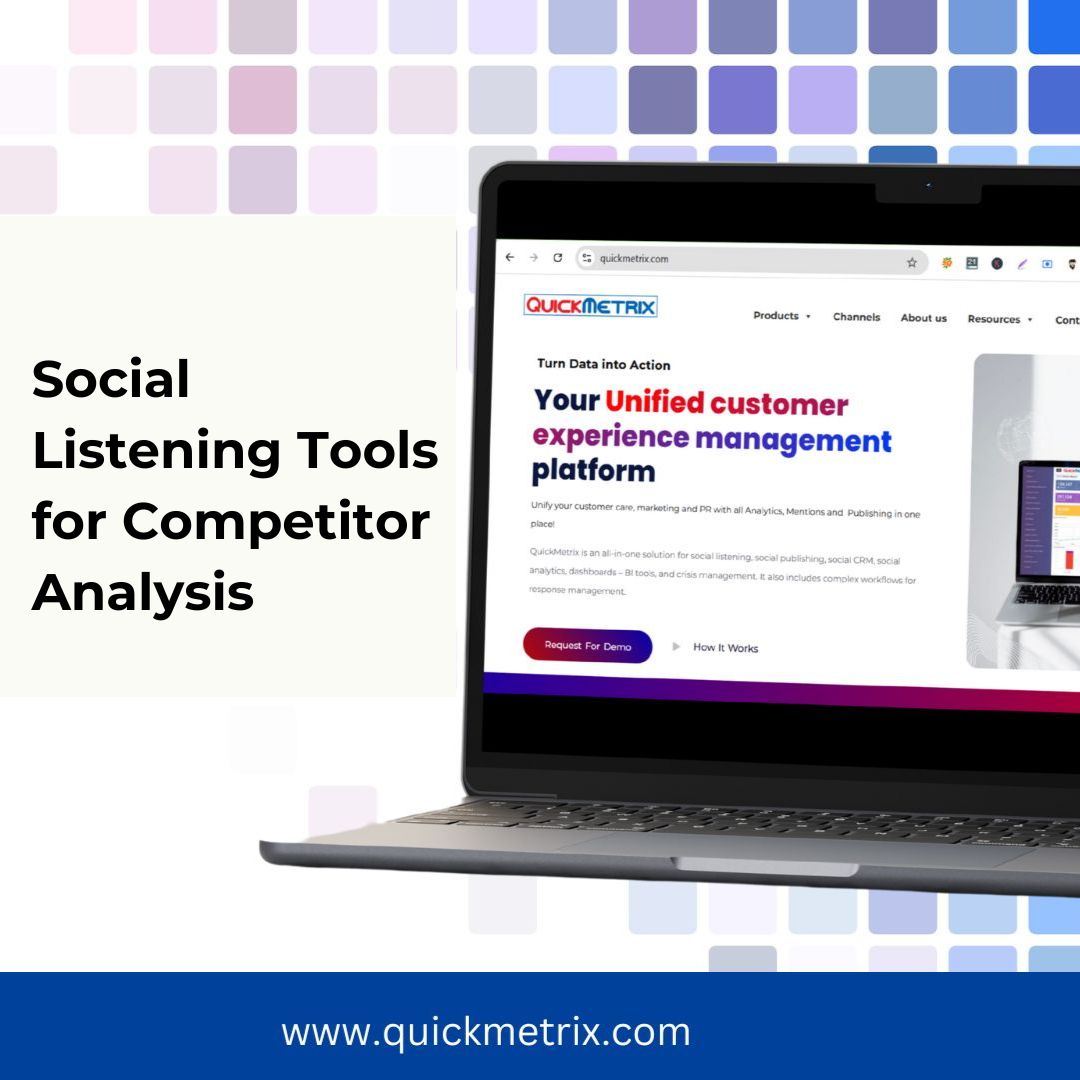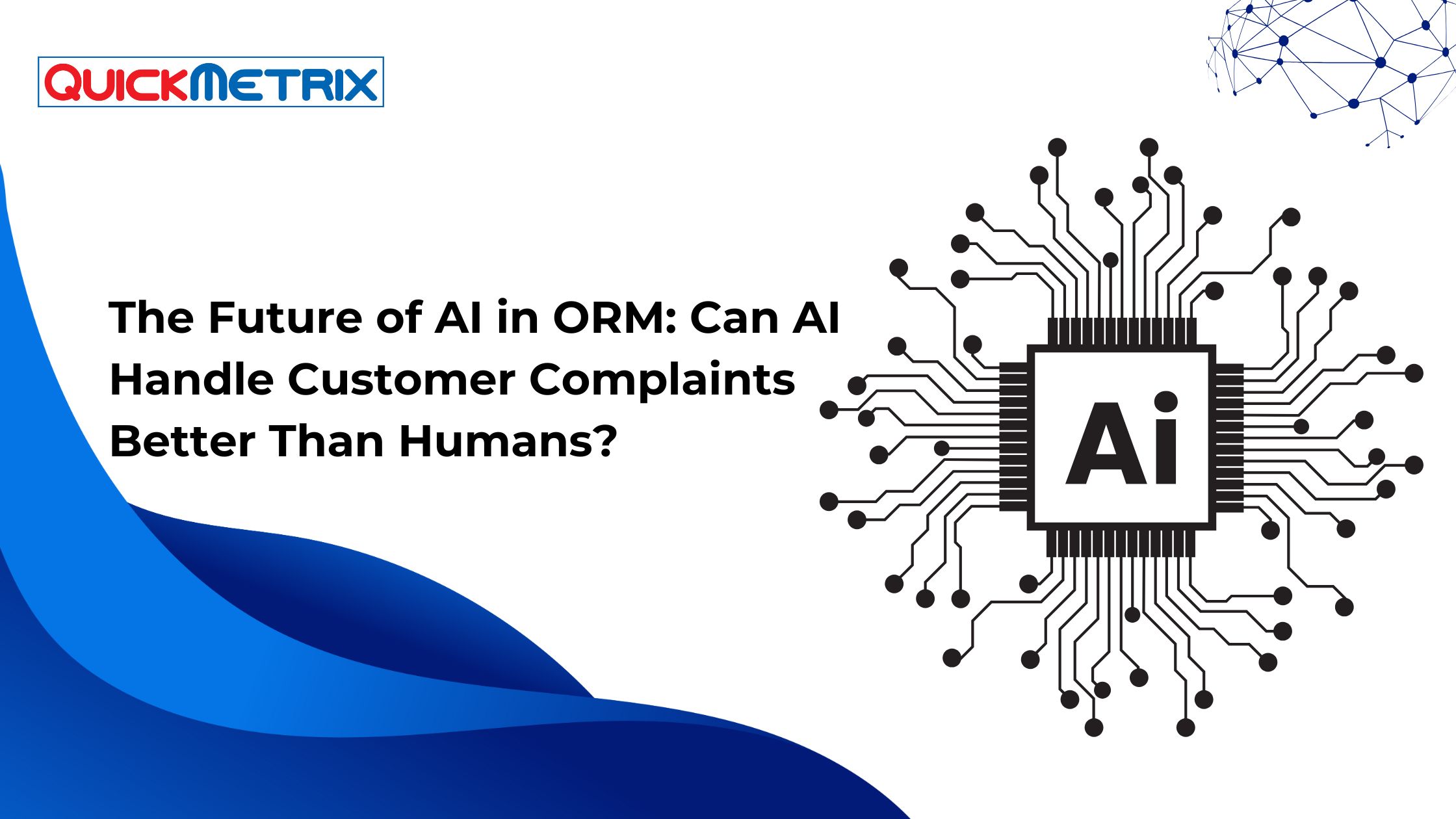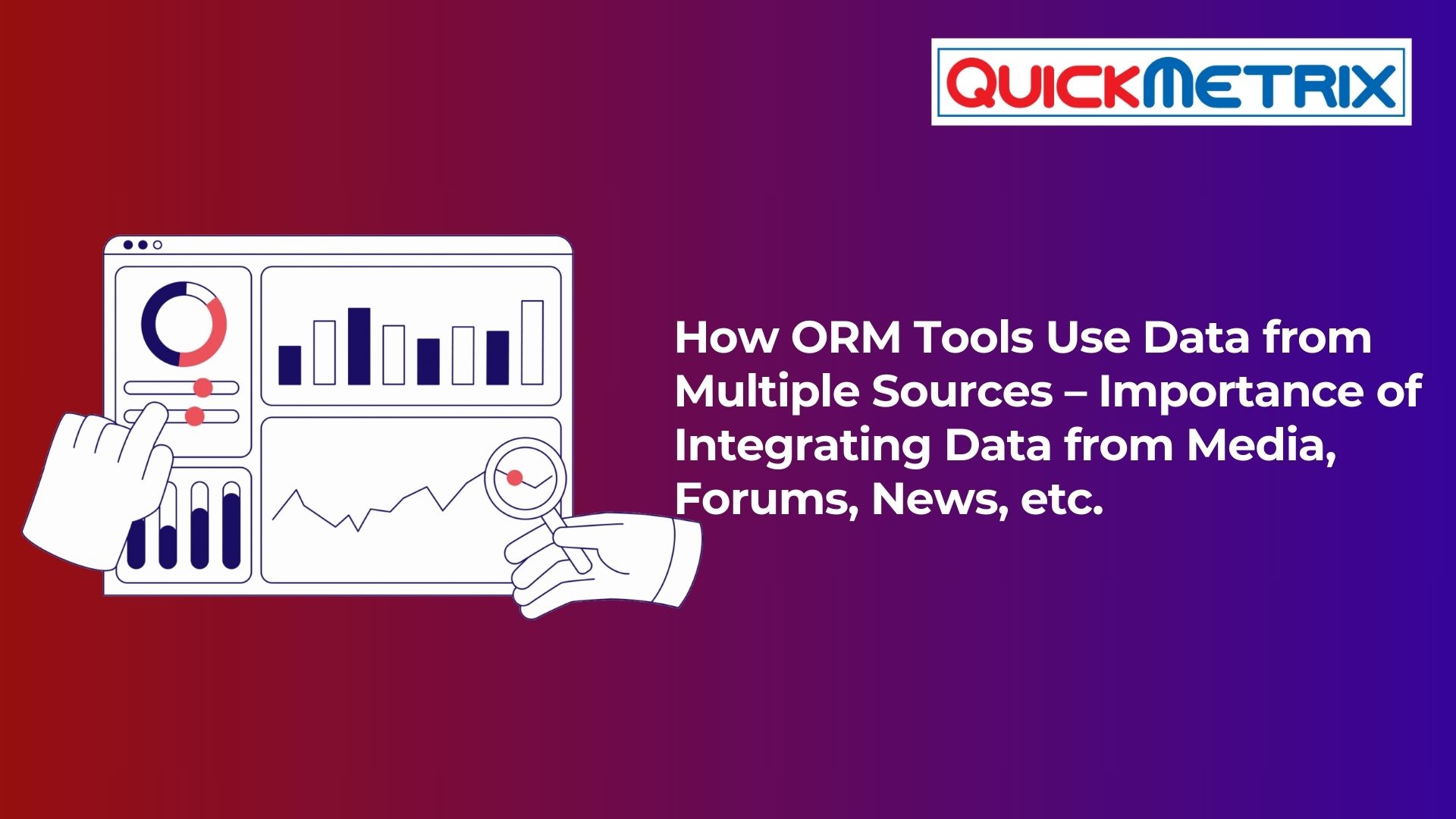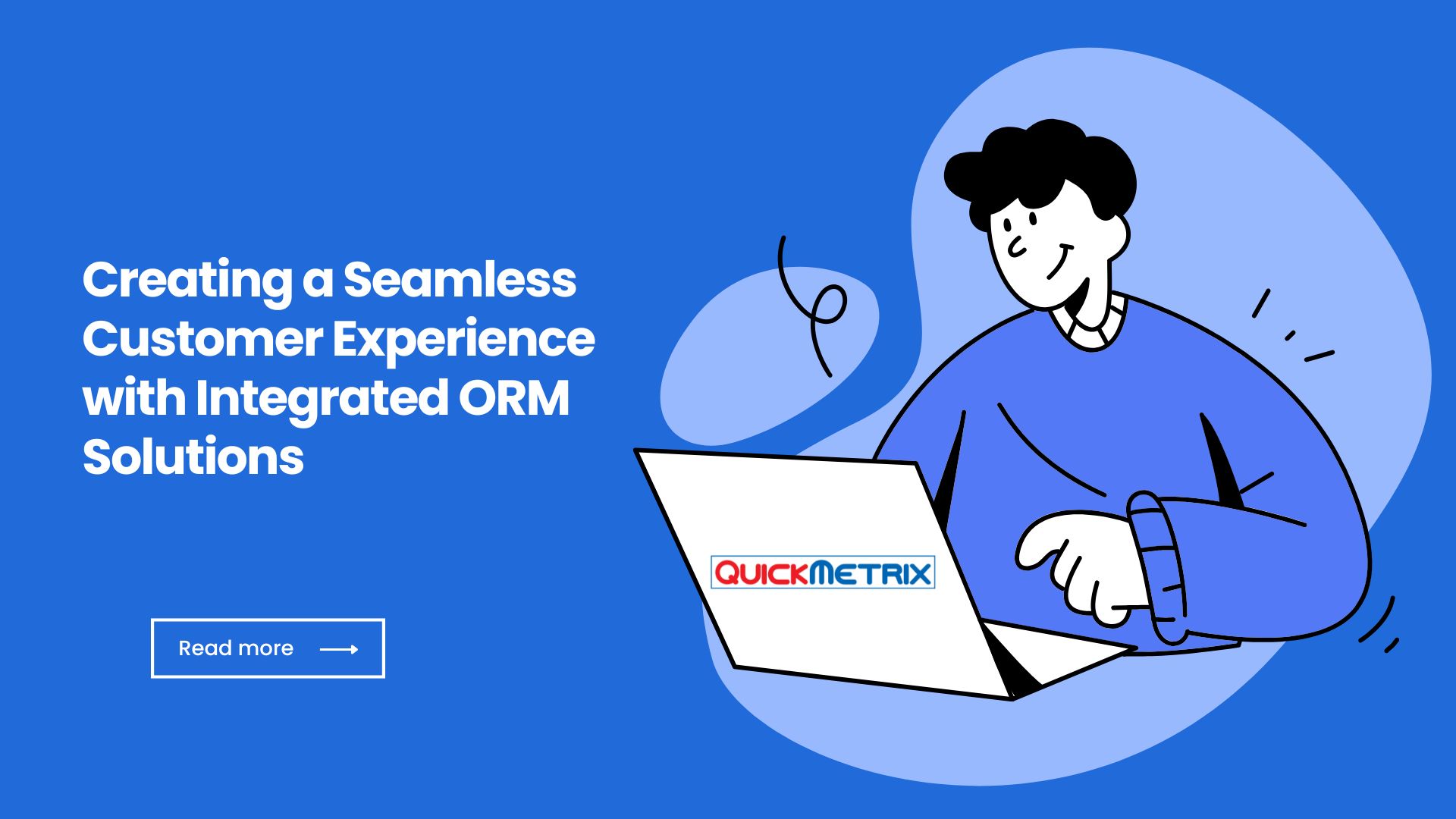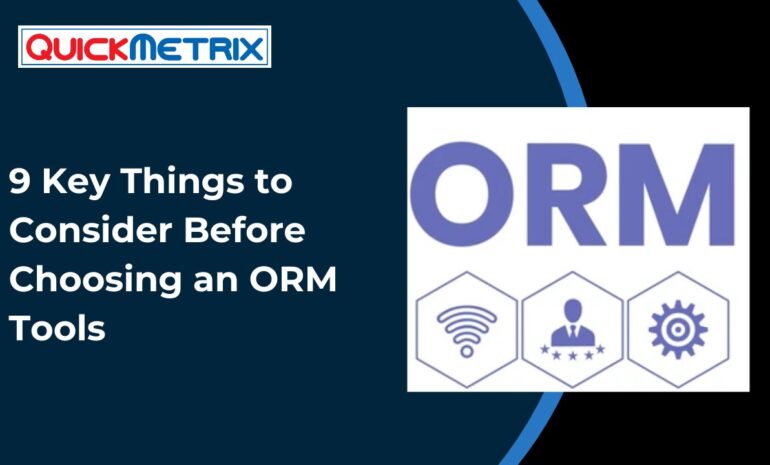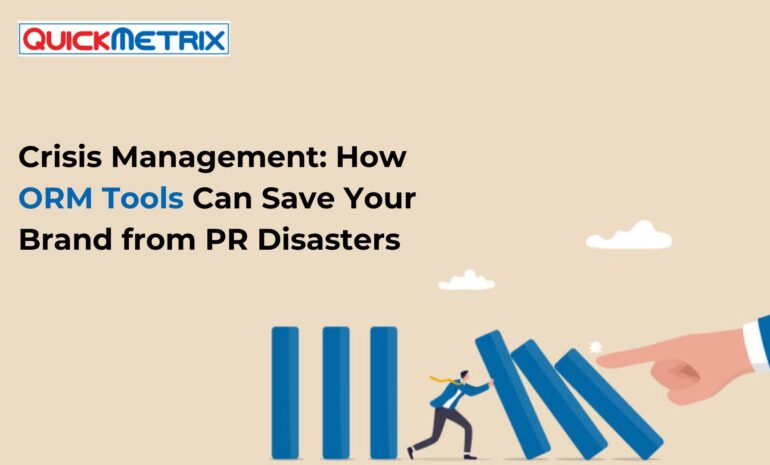Enhancing Customer Engagement: The Top Online Response Management – ORM Tools for Instant Feedback
- Introduction to Online Response Management (ORM Tools)
- Importance of ORM Online Response Management (ORM) is how businesses manage their online interactions, especially responding to reviews, comments, and feedback about their services or products. In today’s digital world, where social media and review platforms can greatly influence a brand’s reputation, ORM has never been more important. It’s not just about addressing negative feedback; it’s about engaging with customers, showing them they are valued, and being responsive to their needs.
ORM plays a pivotal role in customer satisfaction by creating an environment where customers feel heard and appreciated. When businesses address both issues and praises online, they build trust and strengthen the bond between the brand and its audience.
- Evolution of ORM Tools The concept of ORM has evolved significantly over the years. Initially, it was about tracking mentions of a brand, but as customer expectations shifted towards instant communication, ORM practices had to adapt. With technological advancements—such as social media platforms and cloud computing—businesses now have access to sophisticated ORM tools that allow real-time monitoring and response management. This evolution reflects the growing demand for businesses to stay connected with their customers dynamically.
- The Necessity of Instant Response In today’s fast-paced environment, customers expect rapid responses. When they reach out to a brand, they don’t want to be kept waiting. Quick responses not only fulfill customer needs but also boost brand loyalty and trust. On the other hand, delayed responses can harm customer perception, making them feel neglected or undervalued, which can lead to a loss of trust and business.
- Overview of ORM Tools
- Types of ORM Tools Available There are several ORM tools available to meet different business needs:
- Social Media Monitoring Tools: These tools track mentions across various social platforms, helping businesses engage with customers in real time.
- Review Management Platforms: These focus on collecting, responding to, and managing online reviews, ensuring a business maintains a positive image.
- Customer Feedback and Survey Software: These tools gather insights directly from customers to help improve products and services.
- Key Features to Look for in ORM Tools When choosing ORM tools, consider the following key features:
- Real-time Alerts and Response Capabilities: Instant notifications allow businesses to respond quickly to customer interactions.
- Analytical and Reporting Functionalities: Comprehensive analytics help businesses measure the effectiveness of their ORM strategies.
- Integration with Other Customer Service Tools: Seamless integration ensures a smooth workflow for managing customer interactions across platforms.
- The Role of AI and Automation in ORM Artificial Intelligence (AI) and automation are transforming how businesses manage their online responses:
- Chatbots for Immediate Customer Interaction: Chatbots can instantly engage with customers, answering their queries and providing support even after business hours.
- Analytics to Improve Response Effectiveness: AI can analyze previous interactions to suggest optimal responses, ensuring consistency and quality.
- Predictive Tools for Proactive Engagement: Some tools can predict potential issues based on historical data, allowing businesses to address concerns before they escalate.
III. Detailed Review of Top ORM Tools
- Tool 1: QuickMetrix
- Overview of Functionalities: QuickMetrix provides businesses with a unified platform for social listening, customer experience management, and real-time responses across various channels.
- Pros: Powerful analytics, user-friendly interface, multi-channel integration.
- Cons: No cons as of now.
- Ideal Use Cases: Great for businesses focused on social listening and comprehensive online response management.
- Tool 2: Sprinklr
- Overview of Functionalities: Sprinklr is a customer experience platform with advanced ORM features, helping businesses manage customer feedback and interactions across social media and other channels.
- Pros: Extensive features for enterprise-level management, real-time response capabilities.
- Cons: Can be complex to set up and navigate.
- Ideal Use Cases: Best suited for large enterprises with complex online engagement needs.
- Tool 3: Meltwater
- Overview of Functionalities: Meltwater provides media monitoring, social listening, and ORM tools that enable businesses to track online conversations and manage responses.
- Pros: Strong media monitoring and reporting capabilities.
- Cons: Costs can add up depending on usage.
- Ideal Use Cases: Ideal for businesses looking to integrate media monitoring with ORM strategies.
- Tool 4: Mention
- Overview of Functionalities: Mention allows businesses to track brand mentions across various platforms, providing real-time alerts and insights for quick responses.
- Pros: Easy-to-use interface, comprehensive monitoring, and robust analytics.
- Cons: Premium features can become costly for larger businesses.
- Ideal Use Cases: Perfect for small to medium-sized businesses looking to enhance their online presence without complexity.
- Tool 5: Hootsuite
- Overview of Functionalities: Hootsuite is a social media management platform that includes ORM features, allowing businesses to manage and respond to customer comments across multiple channels.
- Pros: Strong social media integration and comprehensive management capabilities.
- Cons: Steep learning curve for new users.
- Ideal Use Cases: Excellent for businesses with a strong focus on social media engagement.
- Tool 6: Trustpilot
- Overview of Functionalities: Trustpilot specializes in review management, helping businesses gather and respond to customer reviews.
- Pros: High consumer trust, strong reputation for transparency.
- Cons: Lacks some broader monitoring features found in other ORM tools.
- Ideal Use Cases: Best for businesses focusing on customer feedback and review management.
- Case Studies: Successful Implementation of ORM Tools
- Case Study from a Retail Brand
- Challenges Faced: The brand faced challenges in managing negative reviews that hurt its reputation.
- Tools and Strategies Used: They implemented a review management tool and a social media monitoring tool to address issues in real-time.
- Results: Significant improvement in customer satisfaction and an increase in positive reviews.
- Case Study from a Service Industry Business
- Challenges Faced: Delayed responses led to declining customer satisfaction.
- Tools and Strategies Used: The business adopted a customer feedback tool to gather real-time feedback and address concerns.
- Results: A marked improvement in customer satisfaction scores within six months.
- Case Study from a Tech Company
- Challenges Faced: Negative press around a product launch affected their online presence.
- Tools and Strategies Used: The company used social media monitoring tools and chatbots for instant responses.
- Results: Public perception improved as the company engaged proactively with its audience.
- Best Practices for Effective ORM
- Building a Strong ORM Strategy
- Set clear goals such as improving customer engagement or managing crises.
- Choose the right ORM tools that align with your business goals and customer base.
- Engage with customers consistently to build trust and loyalty.
- Training Your Team for Success
- Train your team to communicate effectively, even during challenging interactions.
- Ensure your team is familiar with the ORM tools in use.
- Use role-playing scenarios to prepare your team for real-life customer interactions.
- Monitoring and Adapting Your Approach
- Regularly review ORM metrics to gauge performance.
- Adjust strategies based on customer feedback.
- Stay updated on industry trends to remain competitive.
- Conclusion and Summary
In today’s customer-focused environment, Online Response Management (ORM) is critical for maintaining a positive reputation and fostering customer loyalty. By utilizing the right ORM tools, businesses can engage with customers more effectively, turn feedback into actionable insights, and build stronger relationships. With consistent strategies and the right tools, brands can successfully manage their online presence and ensure long-term success.
VII. Frequently Asked Questions (FAQs)
- What is the primary function of ORM tools?
ORM tools help businesses monitor and manage their online reputation, including customer feedback, reviews, and social media mentions. - How can ORM tools improve customer satisfaction?
ORM tools allow businesses to engage promptly with customers, helping to foster positive relationships and trust. - Are there free ORM tools available?
Yes, several free ORM tools are available, though they may have limited features compared to premium versions. - How often should businesses monitor their online reputation?
Businesses should monitor their online reputation regularly, ideally daily, to ensure timely responses to feedback. - What factors should be considered when choosing an ORM tool?
Consider your specific needs, budget, key features, integration capabilities, and ease of use when selecting an ORM tool.
Top Social Listening Tools in 2025: Why QuickMetrix Deserves Your Attention
In the world of digital marketing, conversations are currency. ...
Read More9-key-things-to-consider-before-choosing-an-best-orm-tool (Online response management tools)
IntroductionIn today's hyper-connected world, a single unresolved tweet or ...
Read MoreStreamlining Customer Interactions: The Key to Crisis Management and Data-Driven Decisions
Streamlining Customer Interactions: The Key to Crisis Management and ...
Read MoreSocial Listening for Financial Services: How Banks & FinTechs Stay Ahead
Introduction to Social Listening in Financial Services Definition ...
Read MoreThe Journey of QuickMetrix: Insights from Surendra Baliga on Building a Successful SaaS Business
The entrepreneurial journey is often filled with challenges, learning ...
Read MoreMastering the Market: How to Use Social Listening Tools for Real-Time Competitor Analysis
1. Introduction to Social Listening Tools1.1 What is Social ...
Read MoreHow to Get the Most Out of Social Listening Tools and Why Businesses Invest in Them
How to Get the Most Out of Social Listening ...
Read MoreListening to the Noise: How to Monitor Conversations That Matter to Your Brand
Understanding the Importance of Monitoring Brand Conversations 1.1 The Role ...
Read MoreThe Future of AI in ORM: Can AI Handle Customer Complaints Better Than Humans?
I. Introduction to Online Response Management (ORM)/ Online reputation ...
Read MoreHow ORM Tools Use Data from Multiple Sources – Importance of Integrating Data from Media, Forums, News, etc.
What is ORM ToolsOnline response Management (ORM) tools are ...
Read MoreTop Features to Look for in an ORM Tool for B2B Companies
Top Features to Look for in an ORM Tool ...
Read More2025 Digital Marketing Predictions: What’s Next for Brands?
2025 Digital Marketing Predictions: What’s Next for Brands?IntroductionDigital marketing ...
Read More15 Social Listening Tools for Your Brand in 2025
Why Social Listening Matters A winning social media strategy starts ...
Read MoreCreating a Seamless Customer Experience with Integrated ORM Solutions
Creating a Seamless Customer Experience with Integrated ORM SolutionsI. ...
Read More